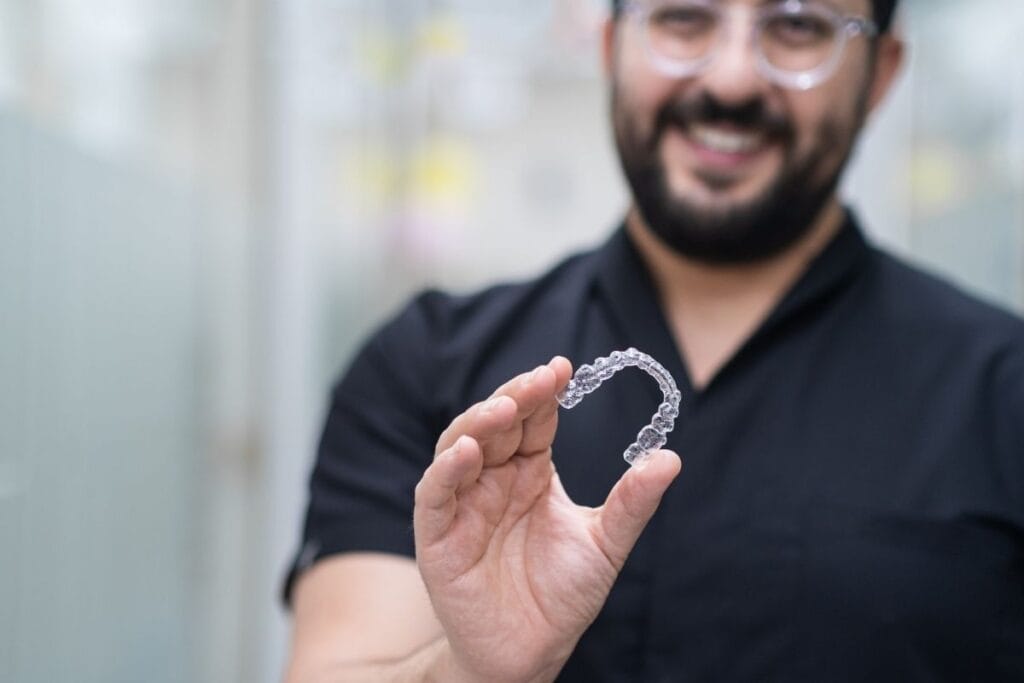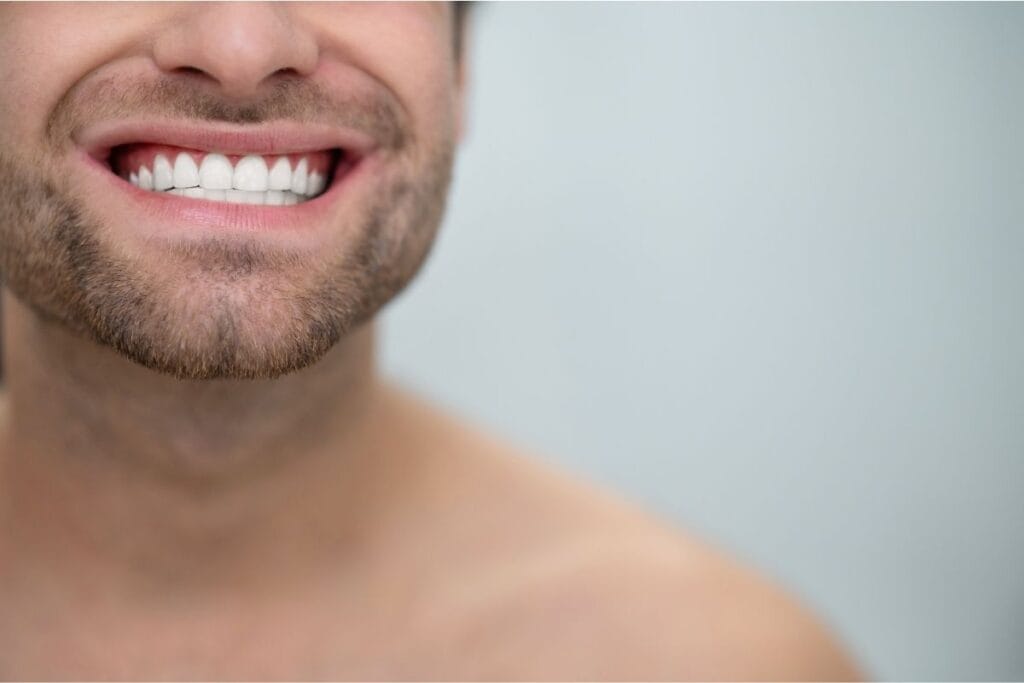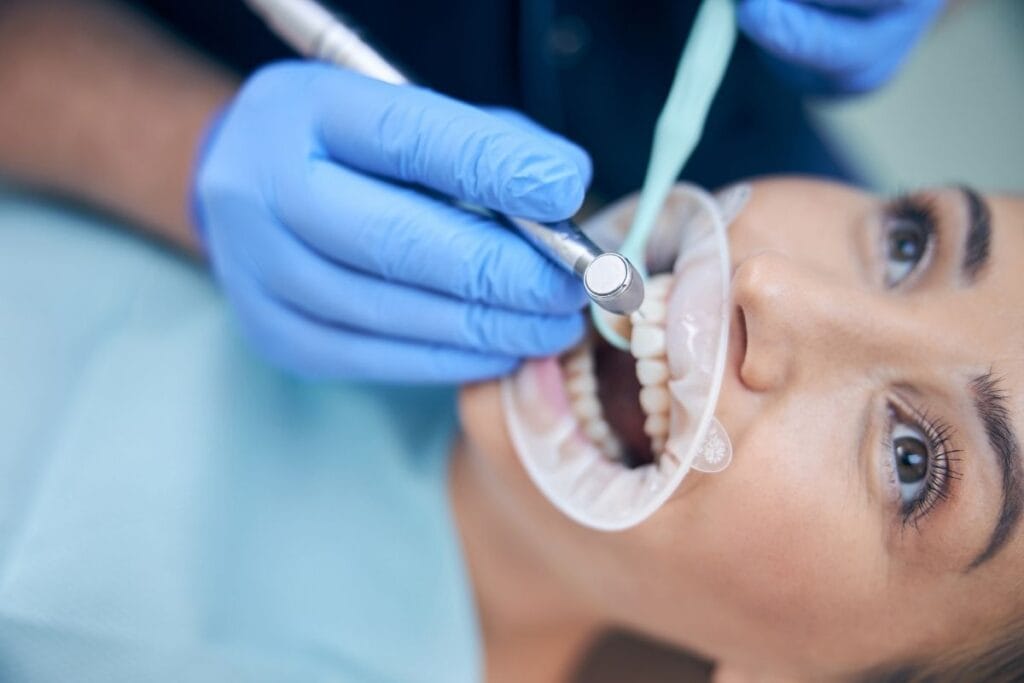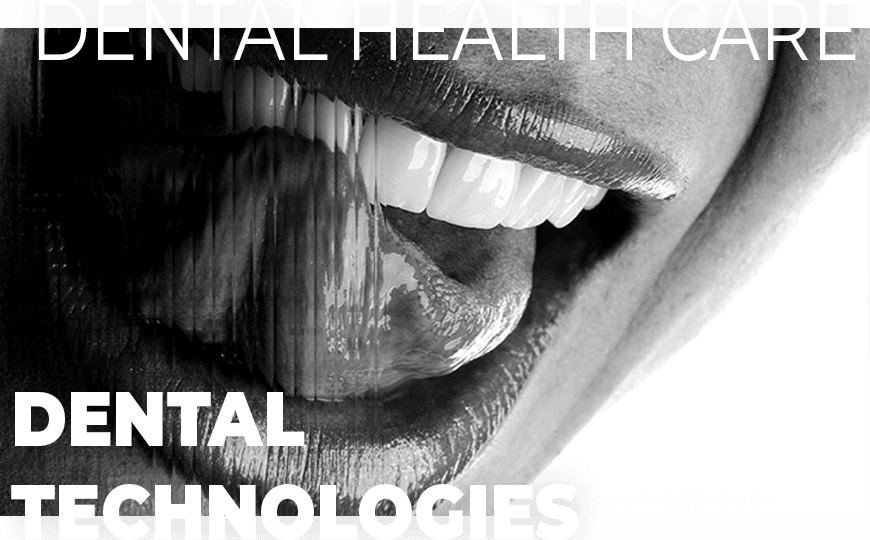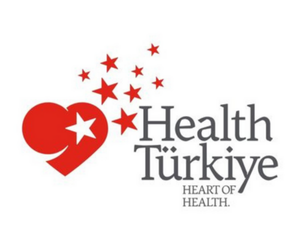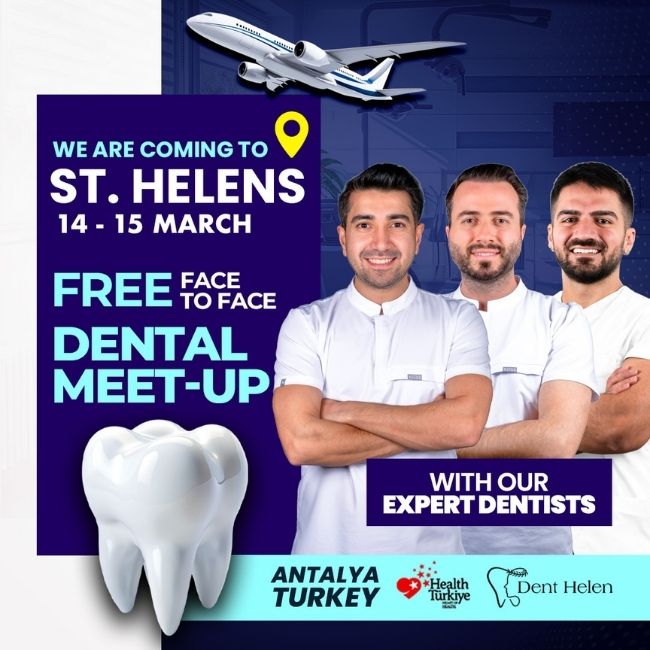
General Anesthesia / Sedation
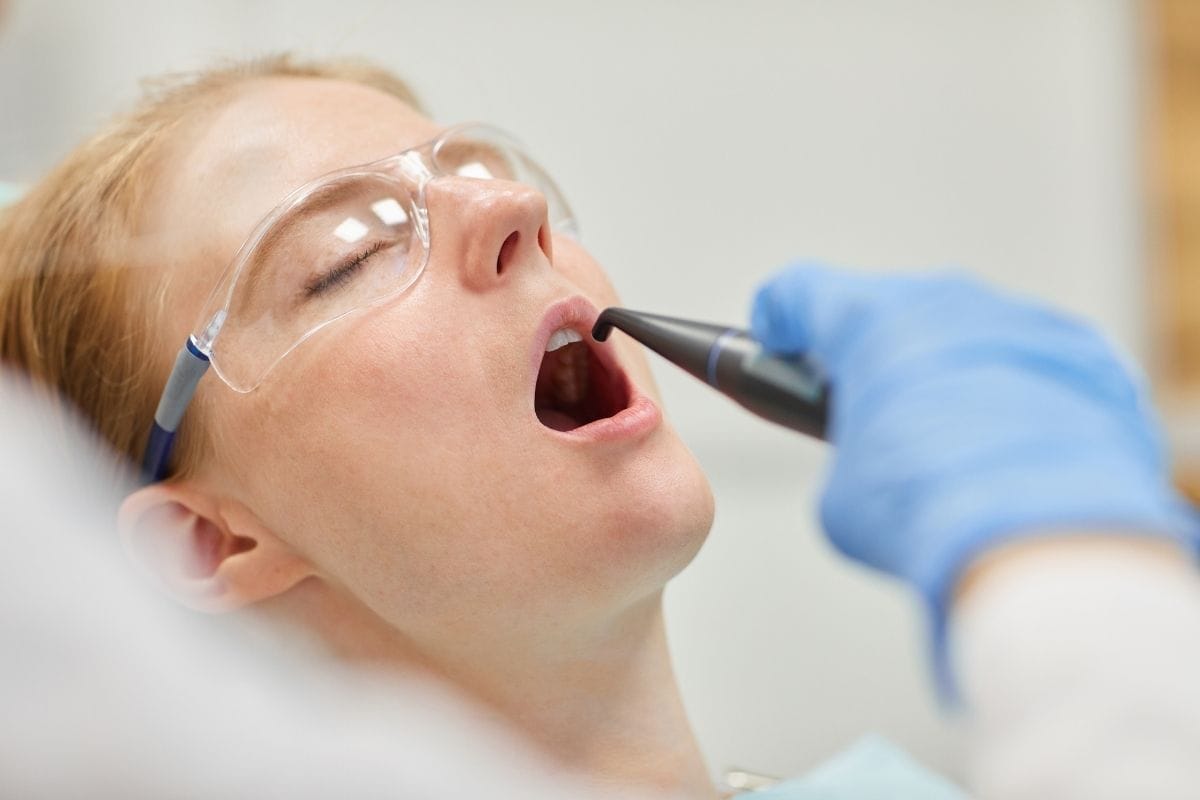
Sedation for dental treatment in dentistry is a great opportunity for those who are worried or nervous about dental procedures. At Dent Helen We offer various levels of sedation to ensure you’re at ease during the procedure, which ranges from very little or no sedation up to an even more intense level of. Our team of experts will help in selecting the appropriate solution for your personal needs and assure that you’re secure and protected throughout the entire process. Enjoy your visit to the dentist by using the services of sedation at Dent Helen
Sedation
The patient’s awareness is evident, however he’s in a state of sleep. The patient complies with the instructions. The procedure is executed by administering tiny doses of the vein which are open through the cord. This procedure is commonly utilized by those who suffer from dental fear, specifically for adults, as well as those who suffer from an excessive nausea producing reaction, and in those that suffer from general anesthesia and are at risk. It is also used in children for minor transactions. The recovery is quick after the procedure with sedated state. The patient should not be able to recall any details about the procedure.
Advantages of Sedation
It creates a warm and safe environment for patients, and helps lessen stress and anxiety.
Patients can’t remember the specifics of the procedure as well as the discomfort, the voices that they do not like and the payoff of the sedatives. This makes it much easier for patients to experience dental problems in the future.
Increase the threshold for pain and decrease the sensation of pain.
Since the patient’s stress is eliminated completely during the course of treatment, unnecessary reflexes are eliminated. A comfortable and relaxing work environment is designed by the physician.
Which Sedation Methods Are Employed in Dentistry in Turkey?
Minimal sedation
Nitrous oxide, often referred to as laughing gas, is used to benefit people relax when they go to the dentist. If you’re given laughing gas by your dentist, they is likely to favor you with a device for your nose, through which you inhale the gas. The effects are very mild, and you’ll be feeling the gas very quickly typically as early as 30 minutes after you’ve begun breathing the gas into your.
Certain patients can be relaxed by the nitrous oxide and do not require any other kind of sedation. Some require laughing gas to enhance the oral sedate.
Patients who are given only laughing gas to relax are usually allowed to drive home after the procedure.
Oral Sedation
Oral sedation, sometimes referred to by the name of “conscious sedation,” involves the taking of a prescribed dose sedative prior to the procedure. It’s your choice. can be taken a pill in the evening prior to the procedure and a second one prior to when you’ll undergo the procedure, or alike to your physician or dentist. While you’ll be awake throughout the procedure, a majority of patients will remember only in a small or in no way at all regarding their appointment after the event.
The sedation technique keeps you awake during the process, but also helps to calm you. Patients suffering from higher levels of anxiety will typically gain from this kind procedure.
What is General Anesthesia?
General anesthesia is a method that makes the patient completely unconscious and prevents them from feeling pain. In this case, the patient does not feel anything and is completely asleep during the procedure. It is usually used for major surgical procedures.
Differences Between General Anesthesia and Sedation
1.Level of Consciousness:
- General Anesthesia: Complete loss of consciousness, the patient does not feel or remember anything.
- Sedation: The level of consciousness decreases, but the patient is still awake and able to communicate.
2.Application Time And Equipment
- General Anesthesia: May take longer and is usually administered in a hospital setting.
- Sedation: Can be administered for a shorter period of time and is often used in dental clinics.
3. Risks and Side Effects:
- General Anesthesia: Contains higher risks and potential side effects, especially for patients at risk of complications.
- Sedation: Generally safer and has fewer side effects.
Before undergoing a Dental Treatment with Sedation in Turkey
When you first visit your dentist the dentist and you will go over various options for sedation. The medical history of you will be reviewed as well with any nutritional or medication supplements you take will be examined. Once they have all the necessary information, then they’ll develop suggestions for sedatives, based on your particular needs.
Generally speaking, you should wait for at minimum 6 hours prior to your appointment time to eat and drink any. Unless your dentist suggests otherwise, you must use each prescription medication with a consistent method. If you’re taking blood thinners like warfarin, must notify your doctor. When the procedure they may suggest you to stay clear of certain prescriptions for a few days.
During a dental treatment using Sedation at Turkey
Before beginning this procedure, the dentist may use sedatives to relax the patient. But, the dentist may impart local anesthesia that will numb your teeth and gums, however they’ll typically perform this procedure after you’ve had some relaxation from your sedative medications.
After a dental Treatment with Sedation in Turkey:
You’ll need a trusted friend or family member to go home with you following the appointment unless you opt for Nitrous Oxide as a sedative option. It is advised to return home as quickly as possible and be able to take a break until the sedation is gone.
How long will recuperation take?
The time to recover varies. It depends on the kind of sedation you select and the manner the drugs affect the body. Patients who are taking nitrous Oxide typically feel an improvement in 15-30 minutes and can return home in a relaxed manner after their appointment. Oral conscious or intracorvenous sedated patients typically require around 24 hours to fully recover.
How long will recuperation take?
The recovery time varies. It is contingent on the type of sedation you choose and the way the drugs impact your body. Patients who take Nitrous Oxide generally experience improvements in the course of 15-30 minutes. They can go home with a sense of calm following their appointment. Intracorvenous or oral conscious sedated patients generally require about 24-hours to completely recover.
Frequently Asked Questions About Dental Treatment with Sedation
Check Our FAQs
What is sedated dental treatment?
Sedated dental treatment involves the use of various sedative medications to help patients relax and reduce anxiety during dental procedures. This allows the patient to receive treatment while being either conscious or unconscious, depending on the level of sedation.
When is sedated dental treatment recommended?
Sedation is recommended for patients with severe dental phobia, those undergoing lengthy or complex dental procedures, individuals with a low pain threshold, and patients with disabilities. It is also suitable for children and individuals who are overly sensitive to dental treatments.
What are the types of sedation used in dental treatment?
Types of sedation include oral sedation (medications taken by mouth), inhalation sedation (nitrous oxide, also known as laughing gas), intravenous (IV) sedation, and general anesthesia. The appropriate method is chosen based on the patient’s needs and the type of treatment.
Is sedated dental treatment safe?
Yes, sedated dental treatment is generally safe when administered by an experienced dentist or anesthesiologist. It is essential to conduct a thorough assessment of the patient’s health and any medications being used before the procedure to ensure safety.
What should I expect after sedated dental treatment?
After sedation, the patient may need some time to recover and return to normal activities. It is important to avoid driving or engaging in hazardous activities until the effects of the sedation have worn off. If any side effects or discomfort occur after the treatment, it is crucial to contact the dentist immediately.

